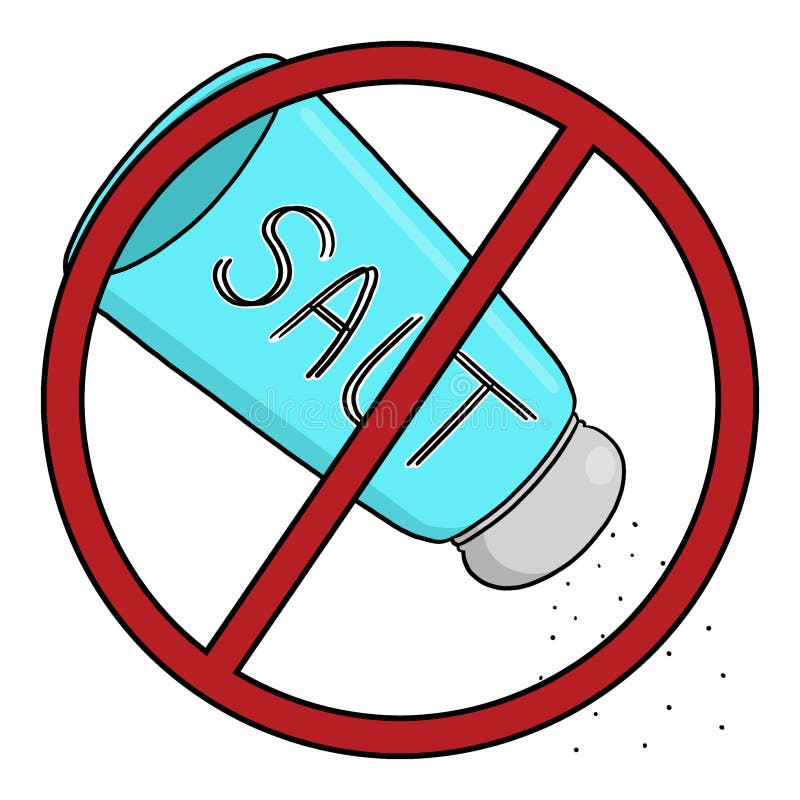DASH DIET
1. Introduction
- A recent study showed a higher incidence of heart attacks, heart failure & strokes with a higher frequency of adding salt to one's food.
- Over 1.76 lakh participants from the UK Biobank were followed up for an average of 11.8 years.
- Nearly 7,000 heart attacks & over 2,000 strokes were documented during this period.
2. DASH Diet
- After adjusting for all other risk factors, it was found that adding less salt to food was associated with fewer heart attacks & strokes.
- This was found to be true even in participants who were following the DASH Diet (Dietary Approaches to Stop Hypertension).
- DASH is the best-recommended diet to prevent cardiovascular events.
- DASH diet involves eating fruits, vegetables, lean meat, poultry, nuts, and whole grains & reducing the intake of saturated fats, cholesterol & strong.
- There is a paucity of large & reliable studies estimating the daily salt intake in our country.
- A consumption of more than 10 grams per day, far exceeding the recommendation is almost half.
- A study conducted showed a 10% prevalence of hypertension.
- Intake of salt may be worse in Indians since pickles are often introduced early in life.
- The hidden salt in preserved & packaged foods cannot be forgettable.
- Consumers are not given choice to choose food items based on salt content.
| WHO recommends only 5 grams of salt per day. |

3. Sodium Content
- Ordinary consumer is not aware that 1 gram of sodium is 2.5 grams of salt.
- A product is available in two forms-normal & low salt content like the fat content in milk.
- Salt substitutes are good since the majority of them contain up to 25% potassium chloride.
- A study found that salt substitutes reduced the incidence of stroke & heart attack by almost 10%.
For Prelims & Mains
|
For Prelims: Dietary Approaches to Stop Hypertension, Heart attacks, Salt
For Mains:
1. "Higher incidence of heart attacks, heart failure & strokes with a higher frequency of adding salt to one's food. Comment (250 Words)
|
Source: The Hindu




